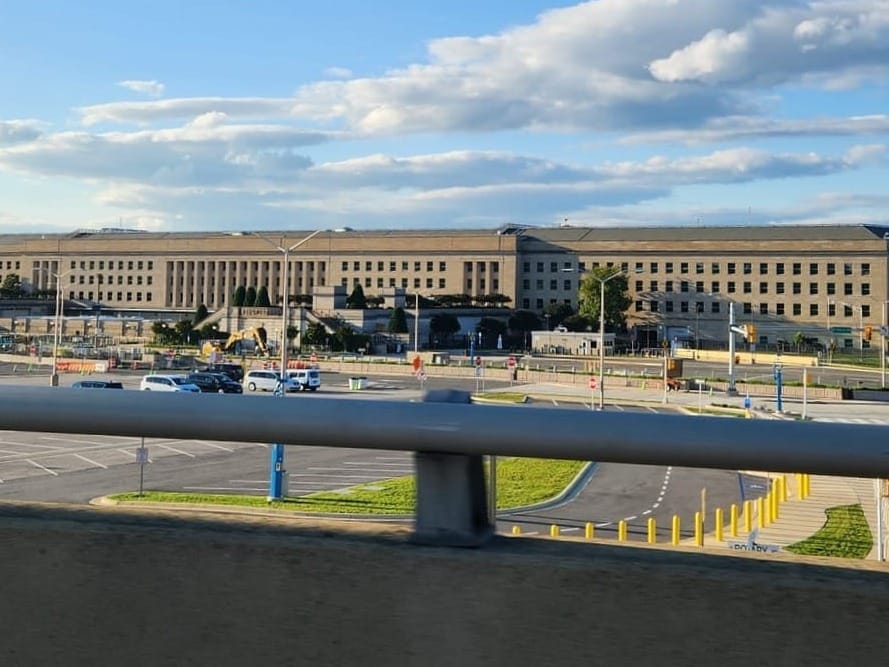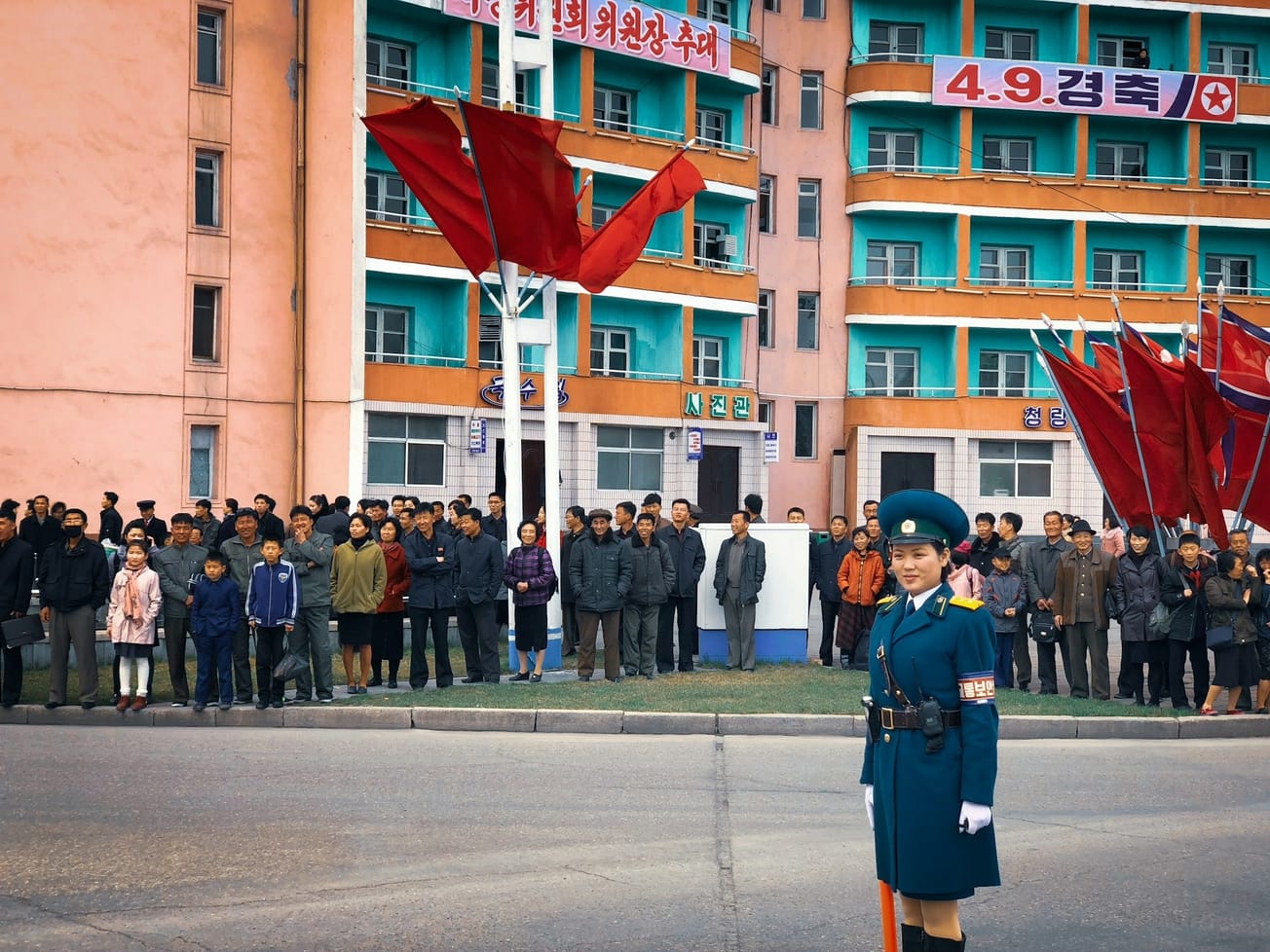The environment for journalism is poor in 7-in-10 countries and just satisfactory in the other 3-in-10, according to Reporters Without Borders' latest findings.
The Paris-based organization's 2023 World Press Freedom Index on Wednesday is grim not just for journalists, but for the entire world – which depends on generally accepts facts or information to run smoothly.









